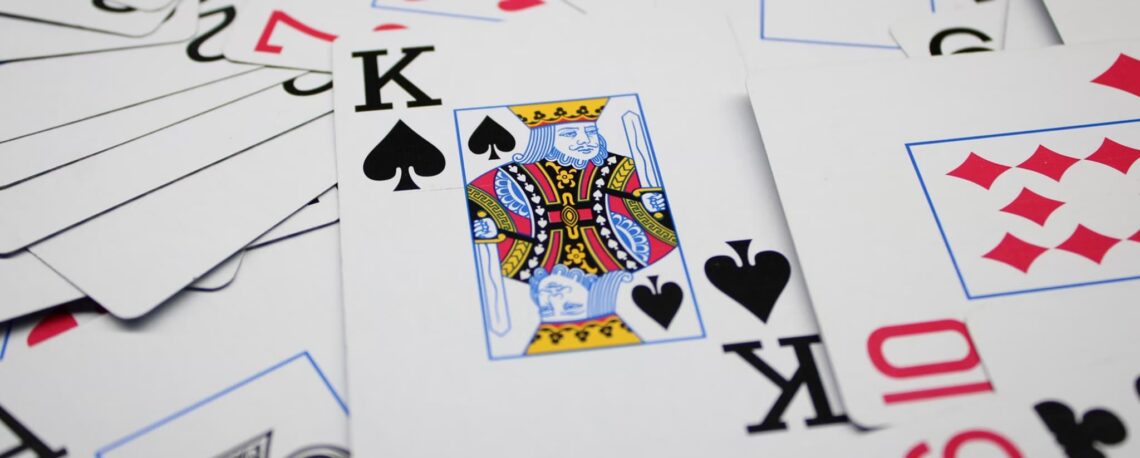Gambling, whether in glittering casinos or via online platforms, offers exciting chances but is often clouded by persistent myths. These unfounded beliefs can skew expectations, leading to frustration or undermining responsible play. Many myths arise from anecdotes or misunderstandings of probability; recognizing them is crucial for rational gaming. As gaming experts, we assert that knowledge is a player’s best asset. This article dissects common gambling myths, replacing hearsay with facts to empower you with clarity. By separating fiction from fact, we foster a more informed and safer approach to games of chance.
The Gambler’s Fallacy: Are You Ever “Due” for a Win?
A pervasive myth is the “Gambler’s Fallacy”—the belief that an outcome is “due” if it hasn’t occurred recently. If roulette shows ten blacks, players bet red, thinking it’s overdue. Slot players, after losses, might feel luck must turn. This feeling intensifies with prolonged “dry spells,” often leading to larger, riskier bets.
The truth, especially for games governed by Random Number Generators (RNGs) like slots or online roulette, is that each event is statistically independent. The roulette ball has no memory; slot algorithms don’t track your losses. The probability of any outcome resets with each new game or spin, remaining constant regardless of past results. This cognitive bias stems from our tendency to find patterns in randomness, leading to flawed decisions. Understanding this independence is vital for managing expectations and bankrolls, as succumbing to this fallacy can lead to chasing losses.
Decoding “Hot” and “Cold” Machines: Fact or Superstition?
Linked to the Gambler’s Fallacy is the idea of “hot” (frequently paying) or “cold” (not paying) slot machines. Players might search for “hot” machines or avoid “cold” ones, believing these states are predictive.
While machines naturally have win/loss streaks due to RNG randomness, they are never truly “hot” or “cold” in a way that can be predicted. Each spin’s outcome is RNG-determined, independent of past results. The Return to Player (RTP) percentage is a long-term average over millions of spins, not a short-term indicator. Volatility (variance) describes payout frequency and size – high volatility means fewer, larger wins; low volatility means more frequent, smaller wins. These are design traits, not temporary states. To understand spin independence and modern game mechanics, trying different titles is valuable. For instance, you can launch Pirots 3 demo online to observe how win/loss sequences occur randomly, reinforcing that past spins don’t influence future ones.
The Myth of Strategic Timing: Does Playing at Certain Times Boost Odds?
Another belief is that playing at specific times or during certain casino traffic levels boosts winning chances. Some think casinos “loosen” slots during off-peak hours or “tighten” them when busy.
This is false for licensed, regulated casinos. Slot payout percentages and RNG algorithms are developer-set and audited, not dynamically altered by staff based on time or player volume. Perceptions of machines paying more at certain times are likely confirmation bias—remembering wins that fit a theory and ignoring losses. The game’s mathematical model remains constant, ensuring fair play.
Systems for Success: Can You Truly “Beat” Pure Chance Games?

Many sources tout “unbeatable systems” for games like roulette or slots, often involving specific betting patterns like the Martingale system (doubling bets after losses).
While betting strategies can manage bankroll or alter short-term win/loss patterns, they cannot overcome the inherent house edge in pure chance games. For RNG-governed slots, no betting system influences spin outcomes. In table games, strategies might change play style, but underlying probabilities are fixed. The house always has a mathematical advantage. The only effective “system” is responsible bankroll management and playing for entertainment within affordable limits.
Unveiling Fairness: The Truth About Online Casino Integrity
A concern for many, especially new online gamblers, is whether online casinos are “rigged,” fearing digital manipulation.
While unlicensed operators exist, reputable online casinos are strictly licensed and regulated. Authorities mandate certified RNGs, regular independent audits (e.g., by eCOGRA), and transparent practices. Legitimate casinos rely on volume and trust, not cheating. Fair play is crucial to their business model. Modern slots often include features for player engagement while adhering to fairness protocols. For instance, some games offer direct access to bonus rounds. To see how such features operate transparently within a regulated RNG framework, you can play demo bonus buy slots risk-free to understand their mechanics without financial commitment, building confidence in fair online gaming.
Understanding these realities enhances your gambling experience, making it more enjoyable and less prone to misconceptions. Key takeaways for a smarter approach include:
- Embrace Randomness: Accept outcomes are independent and unpredictable.
- Understand the Edge: Be aware the house has a long-term mathematical advantage.
- Play for Fun: Treat gambling as entertainment, not guaranteed income.
- Set Limits: Establish a budget and stick to it; never chase losses.
Dispelling these myths fosters a healthier, more realistic gambling perspective. The primary goal should be entertainment, balanced with awareness of inherent risks; it’s about enjoying the process, not chasing unattainable profits. Knowledge doesn’t guarantee wins but protects against pitfalls, ensuring a more grounded and satisfying engagement with chance. This informed stance allows appreciation of the game’s thrill without succumbing to baseless superstitions, leading to a sustainable relationship with gambling as a pastime.
